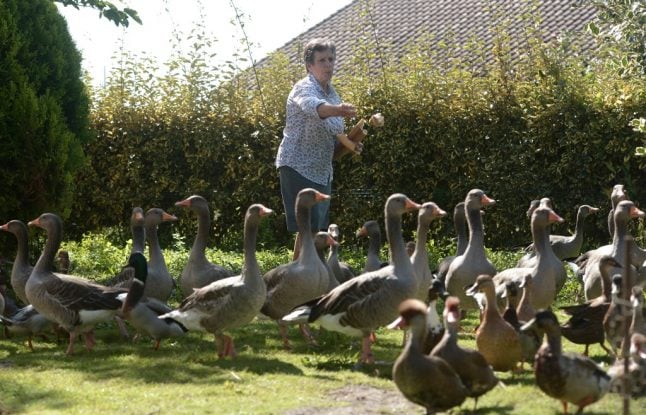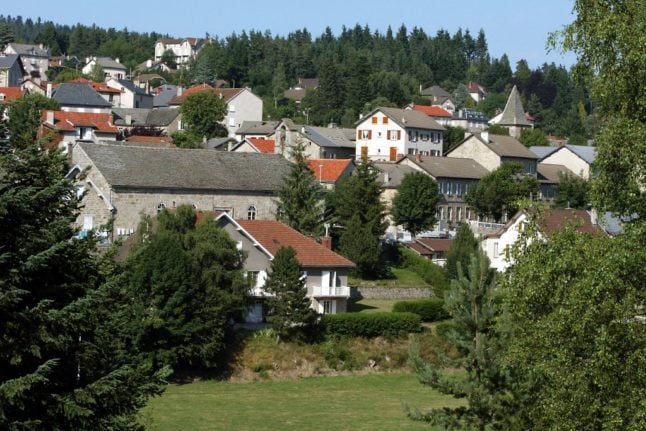The case of the ducks in the southwestern Landes region was the latest in the country to pit traditions of rearing animals against the tastes of newcomers, following the well-publicised legal dispute over a rowdy rooster in western France.
A couple who bought a neighbouring property last year had complained of “significant noise” from the group of around 50 ducks and geese kept the back garden of Dominique Douthe, 67, in the town of Soustons.

She told AFP that the ducks had been given a stay of execution by the court in the town of Dax in a decision issued Tuesday evening, adding that she was “relieved” by the ruling.
“There was no proof of any kind of illicit or abnormal trouble,” added her lawyer Philippe Lalanne.
He said that the judge had ordered an acoustic audit to test noise levels which would be carried out in the first quarter of next year.
“I have the impression that the judge is giving us with this audit the chance to get together and discuss and find an amicable solution,” he added.
The couple who brought the complaint, who insisted that repeated requests to solve the issue had been ignored, has sought 150 euros ($165) for each day the noise continued as well as €3,500 in damages and €2,000 in legal costs.
The case is one of several that have been cast as an attack on the rights of church bells to ring, cows to moo, and donkeys to bray throughout rural France.
The symbol of this battle between urban and rural France emerged as a rooster named Maurice, whose early-morning crowing so annoyed his neighbours on the island of Oleron that they took his owner to court.
The court in early September upheld the bird's right to start the day with a cheery cock-a-doodle-doo, in what was seen as a triumph for the traditions of rural France.



 Please whitelist us to continue reading.
Please whitelist us to continue reading.
Good to see common sense prevail. These little backyard industries are the backbone of rural France.